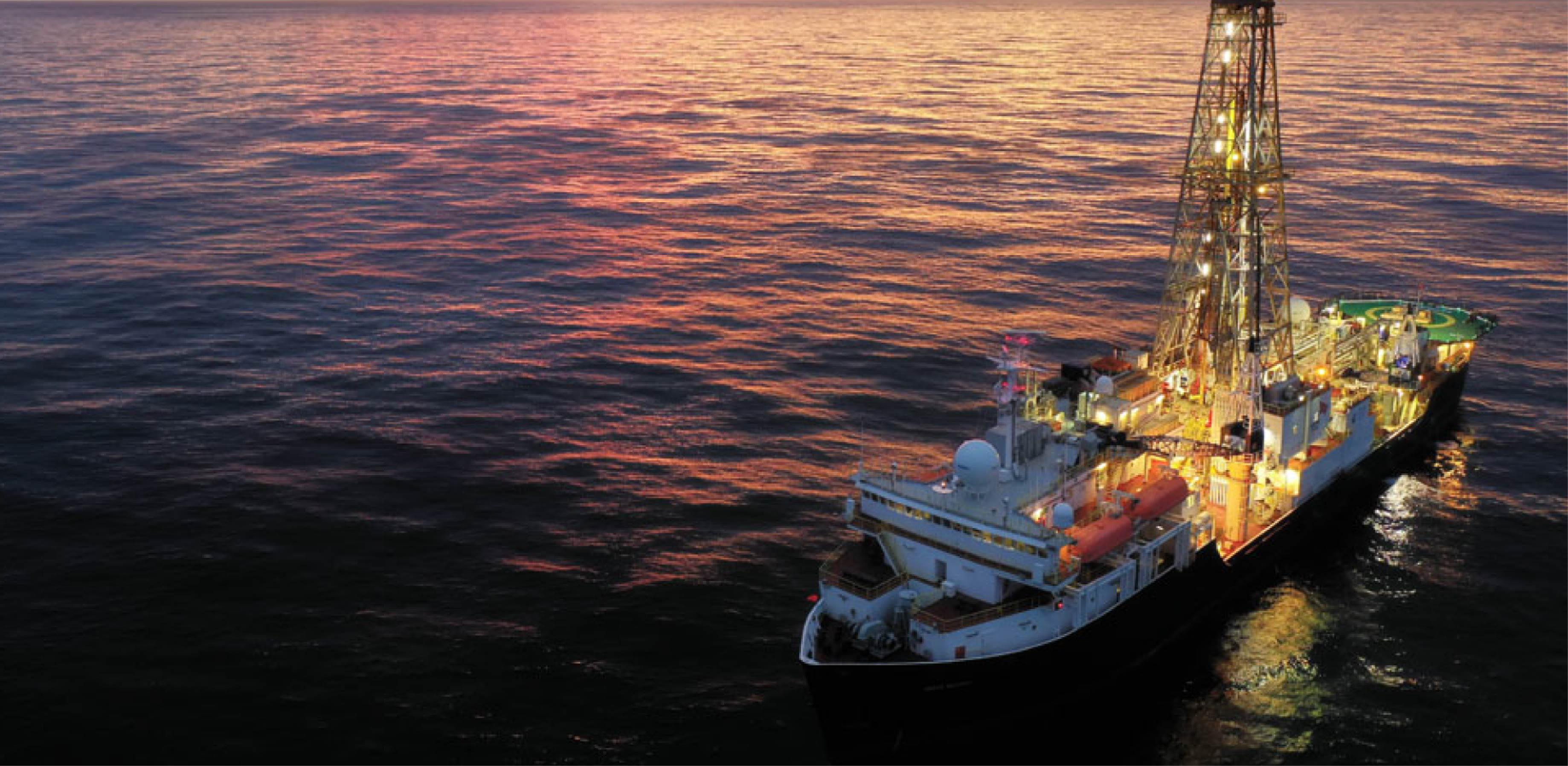
Submitted by Dr C.M. Martin-Jones on Fri, 01/10/2021 - 10:36
The Integrated Ocean Discovery Program (IODP) has scheduled a new project – Expedition 397 – that will build a detailed history of Earth’s climate extending back over the last 5 million years.
The mission will collect marine sediments from off Portugal’s coast that preserve a detailed history of rapid climate and ocean circulation changes over millions of years.
The research will shed light on the occurrence of rapid climate changes during the most recent Ice Age, or glacial, helping scientists understand the diversity of Earth’s complex climate through time. The expedition will also study the central role that the deep ocean plays in regulating Earth’s climate, by transferring heat and carbon between the atmosphere and ocean over millions of years.
Expedition 397 will recover thousands of metres of sediment from the southwestern Iberian continental slope, which record oscillations of the ice sheets over millions of years as well as information on how Earth’s climate has varied on much shorter, millennial, timescales. One key question for the team is whether these rapid changes might have been part of a sequence of events that triggered larger climate transitions, for instance, at the end of the ice ages.
The importance of sediments from the Iberian Margin was highlighted by the late Professor Nick Shackleton and Dr Luke Skinner, whose seminal work revealed that proxy indicators of ocean temperatures contained within the marine record of the Iberian Margin mirrored those of the polar ice cores. Since then, those marine sediments have played a pivotal role in palaeoclimate research. Because sediment is rapidly delivered from land to the Portuguese continental shelf, it allows scientists to link oceanographic changes to the terrestrial climate of Europe as well as the poles.
“Few, if any, places exist in the world ocean where such detailed linkages between different parts of the climate system are possible,” said Professor David Hodell who will be co-chief scientist of the expedition.
Bringing an ocean drilling proposal from concept to expedition is a lengthy process that took over a decade for Expedition 397. For example, seismic and coring surveys are required for each of the proposed drill site. Much of this information was collected on a site survey cruise led by Cambridge aboard the R/V James Cook in 2013.
The JOIDES Resolution drill ship is set to leave for the Iberian Margin in October 2022 and will spend two months recovering the sediment cores.
